“That goal changed everything”: Yao Eloge’s quiet goodbye to Jerusalem
It’s a quiet Friday afternoon in a high-rise apartment in Kiryat Yovel, Jerusalem. Yao Eloge, Hapoel Jerusalem’s Ivorian full-back for the past four seasons, looks out from the balcony at a distant asphalt pitch. Among the yellow shirts of neighborhood kids playing football, two stand out in red—Hapoel Jerusalem jerseys.
“I’m going to miss the club, the fans, the people here—players and staff,” he says. “Being a foreign player isn’t always easy, and I’ll never forget the people who supported me through these years.”
The apartment is nearly empty. Most of Eloge’s belongings are already packed. On his left wrist, a red bracelet from Jerusalem’s Old City. “Protection from the evil eye,” he grins.
This is how the most influential foreign player in Hapoel Jerusalem's history opens his final interview in Israel.
Over four seasons in red and black, Eloge made 121 appearances, delivered four assists, and scored one goal—a single, unforgettable strike that sealed Hapoel’s first league derby win over Beitar in 31 years. That goal marked the high point of a breakout season that saw the club finish fourth, just a year after returning to the top flight.
“After the game they explained to me just how historic it was,” he says. “I’m so proud of that goal. It changed everything. Since then, the Jerusalem derby is alive again.”
Eloge has rarely spoken publicly during his time in Israel. But just before his return to Italy, he opened up.
From Akrouko to Milano
Born in the small Ivorian town of Akrouko, population 20,000, Eloge moved to Italy with his sister at age seven. His mother had found work in Parma; his father remained in Côte d’Ivoire. It wasn’t until age ten that he began playing football. His mother enrolled him in a local team in Parma for an after-school activity.
His talent and athleticism quickly stood out. By age 15, scouts across northern Italy were buzzing about the young, agile defender from Parma. Soon, Eloge was invited to Milan for trials with Inter. He boarded the train alone, didn’t sleep the night before, and then dominated the tryouts.
“That was a formative experience. I realized that in football, you only have yourself. If I wanted to make it, I had to be true to myself,” he recalls. It paid off—he was accepted into Inter’s academy, and the club bought 50% of his rights in a deal worth €1 million.
At Inter’s academy, he played as a centre-back alongside Federico Dimarco. “He was an amazing defensive partner and grew into a fantastic player. The biggest name from our group,” Eloge says. Just last week, Dimarco reached the UEFA Champions League final with Inter.
Eloge also featured for the Ivorian U17 national team, scoring once in eight appearances. But his rise at Inter stalled. At 19, he was loaned to Serie B side Crotone, coached by Ivan Jurić. Under Jurić, Eloge became a starter, and the club achieved a historic promotion to Serie A.
“Yao was a pleasure to coach,” Jurić recalls. “He was young, slim, flexible, but strong—a rare mix for a defender. And more importantly, he wanted to learn.”
After a brief preseason stint with Inter, Eloge moved to Swiss club Lugano in 2016. That year, he visited Israel for the first time, coming on as a sub in a Europa League match against Hapoel Be’er Sheva. “They were a great team back then. We won at home, but I remember being shocked by Turner Stadium. I said to myself ‘there’s something special here.’”
After three years in Switzerland, his contract ended, and he returned to Italy for a half-season with Reggiana. Then came a call from Israel.
Changed the history of football in Jerusalem. Eloge (on the right) against Beitar Jerusalem in a derby. (Photo courtesy: Nicole Liberman/BabaGol)
History-making in Jerusalem
“I remembered the country. I understood this was a young club that had just been promoted and wanted to establish itself. I said—this suits me.”
Eloge signed for Hapoel Jerusalem at the start of the 2021/22 season as a center-back. But early in the season, right-back Alon Azugi broke his hand, and coach Ziv Arie moved Eloge to full-back.
“Ziv changed my career. Today I actually prefer being a right-back. It’s more running, but when you’ve got guys like Guy Badash—best player I played with here—and Matan Hozez next to you, it’s fun.”
He locked down the position and quietly emerged as one of the league’s best full-backs. In his second season, he played 35 matches, delivered three assists, and etched his name into club history with the derby winner.
That success drew attention from bigger clubs. Hapoel Be’er Sheva entered negotiations, but the deal fell through. “It was close, and I wanted the upgrade,” Eloge admits. “But when it didn’t work out, I realized I was happiest staying at Hapoel—with a great coach, supportive staff, and a real team atmosphere. Friends like Awaka (Ashta) made it easy to stay.”
He also became a mentor to new foreign players arriving at the club.
Still, the last 18 months weren’t easy. “It’s hard to be a foreigner during a war. My family, in Italy and Côte d’Ivoire, watched everything on the news—it’s scary if you don’t understand it,” he says. “But leave me aside—I took a flight to calm my family down. Cedric Don, a young kid, stayed here alone. That’s really tough. But chasing your football dream means facing big challenges.”
One low point for Eloge was the infamous bottle incident. After being controversially sent off at Bloomfield Stadium against Maccabi Tel Aviv, he threw a water bottle toward the tunnel in frustration. It struck a fan in the stands.
“I really didn’t mean to throw it at the crowd, and I never wanted to hurt anyone,” he says. “I threw it in anger toward the tunnel, but it slipped and flew into the stands. I tried to contact the fan afterward to apologize, but he didn’t respond.”
He was suspended for nearly two months.
Despite the ups and downs, Eloge says he’ll miss Israel. “The weather, man—it’s perfect! Not like Europe,” he laughs. And of course, the fans. “Win or lose, I always felt the Hapoel fans were with me. That’s everything. They’re special people. One of the main reasons I stayed four years.”
What does he want to be remembered for? “As a player who gave everything, always. And yeah—that derby goal. We changed the history of this rivalry. I’ll carry that with me forever.”
So why leave now?
“After four years, I need a change. I left Lugano after three good seasons—it’s just time,” he says with a smile. “I need to go back to Europe. It’s intense living here alone for so long, right?” he laughs.
“I’ll always be a Hapoel Jerusalem fan. I’m a quiet guy, so maybe people didn’t always see how much I love this place—but this club, the fans, they got into my heart. No regrets. I’ve just reached the end of the road here, and I need something new.”
And what’s next?
“I don’t have a new team yet. My agent is working on some options in Italy, and we’ll see. If not, there are other offers from Europe. That’s the plan.”
He speaks calmly, in his quiet, soft French-tinged voice. And it makes sense—he’s simply moving on. But it’s still surprising that such a proven, experienced, beloved player isn’t snapped up by one of the league’s giants.
“Maybe someday I’ll be back, yeah? I’ll definitely visit. I love this place.”
A Hebrew version of the article was published in Israel Hayom.
Photo courtesy: Yao Eloge official Instagram account




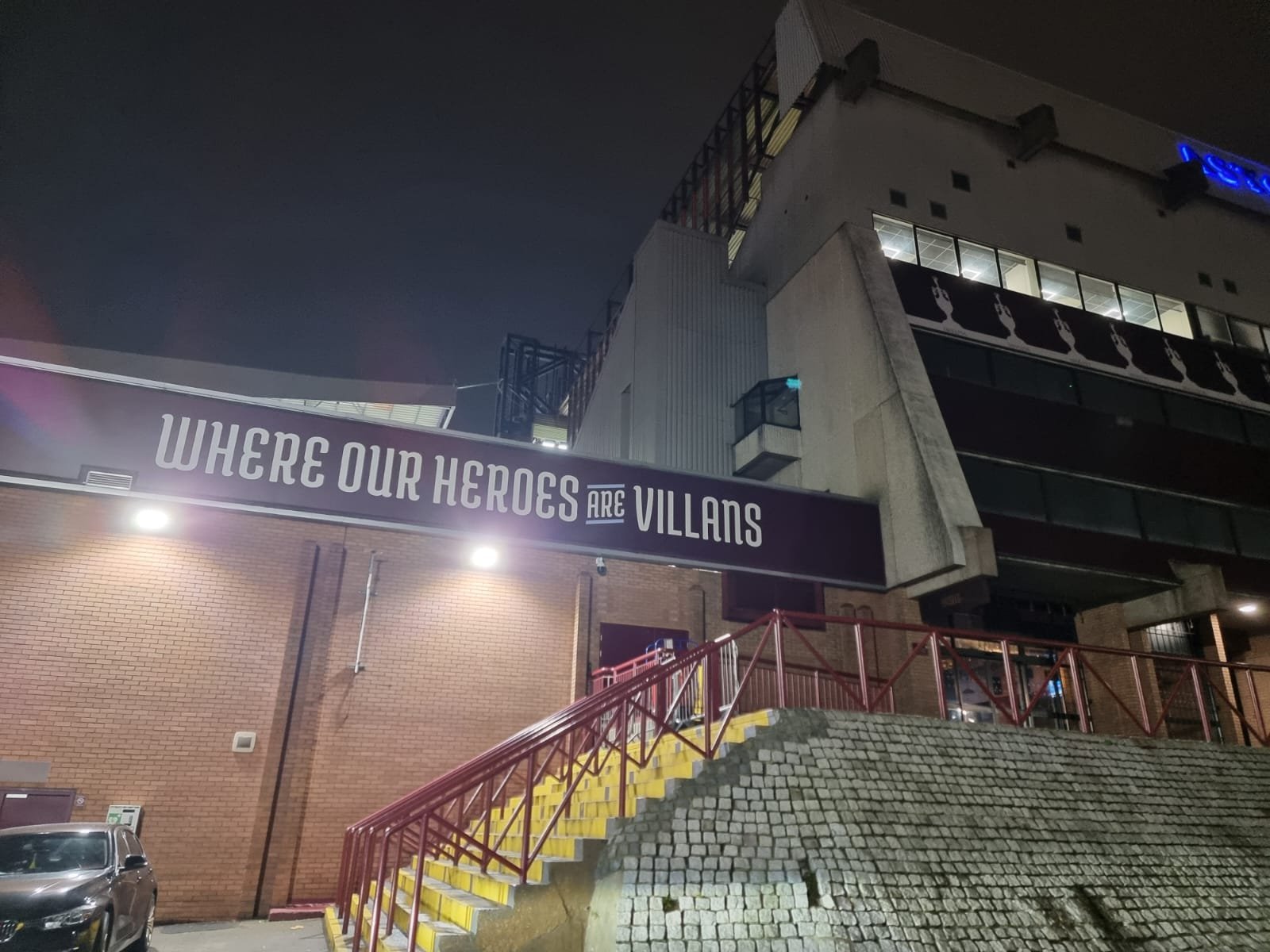
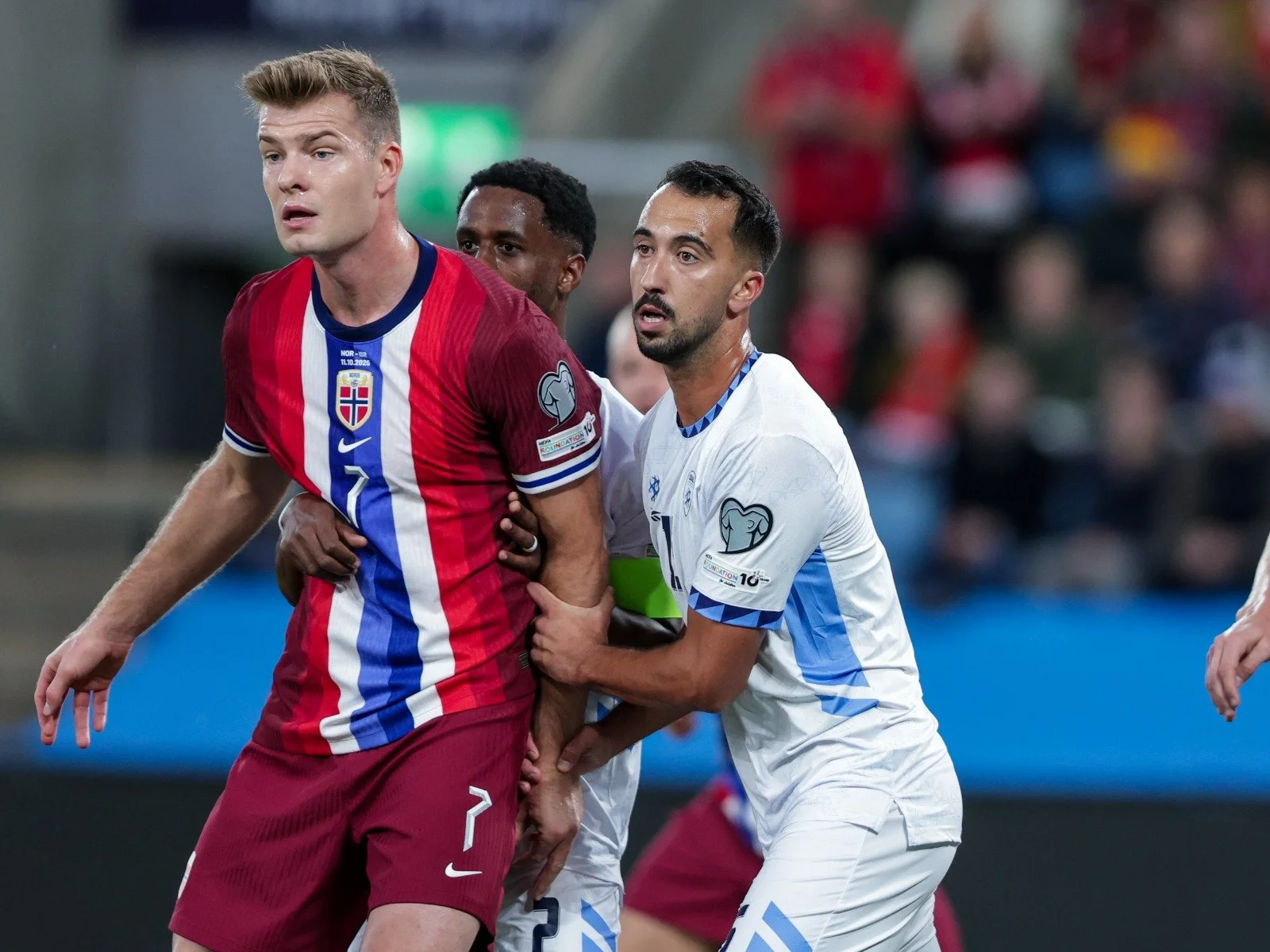

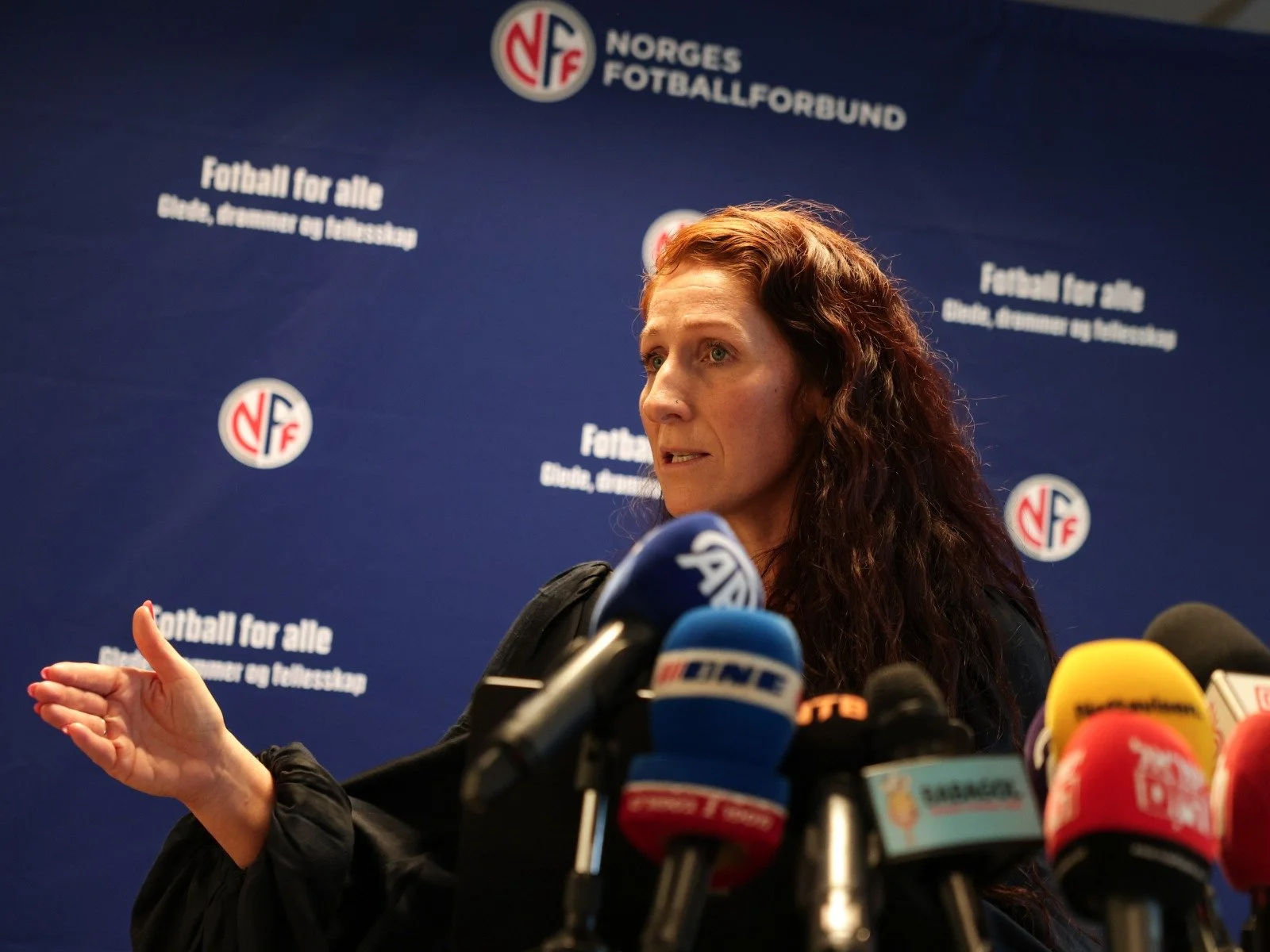
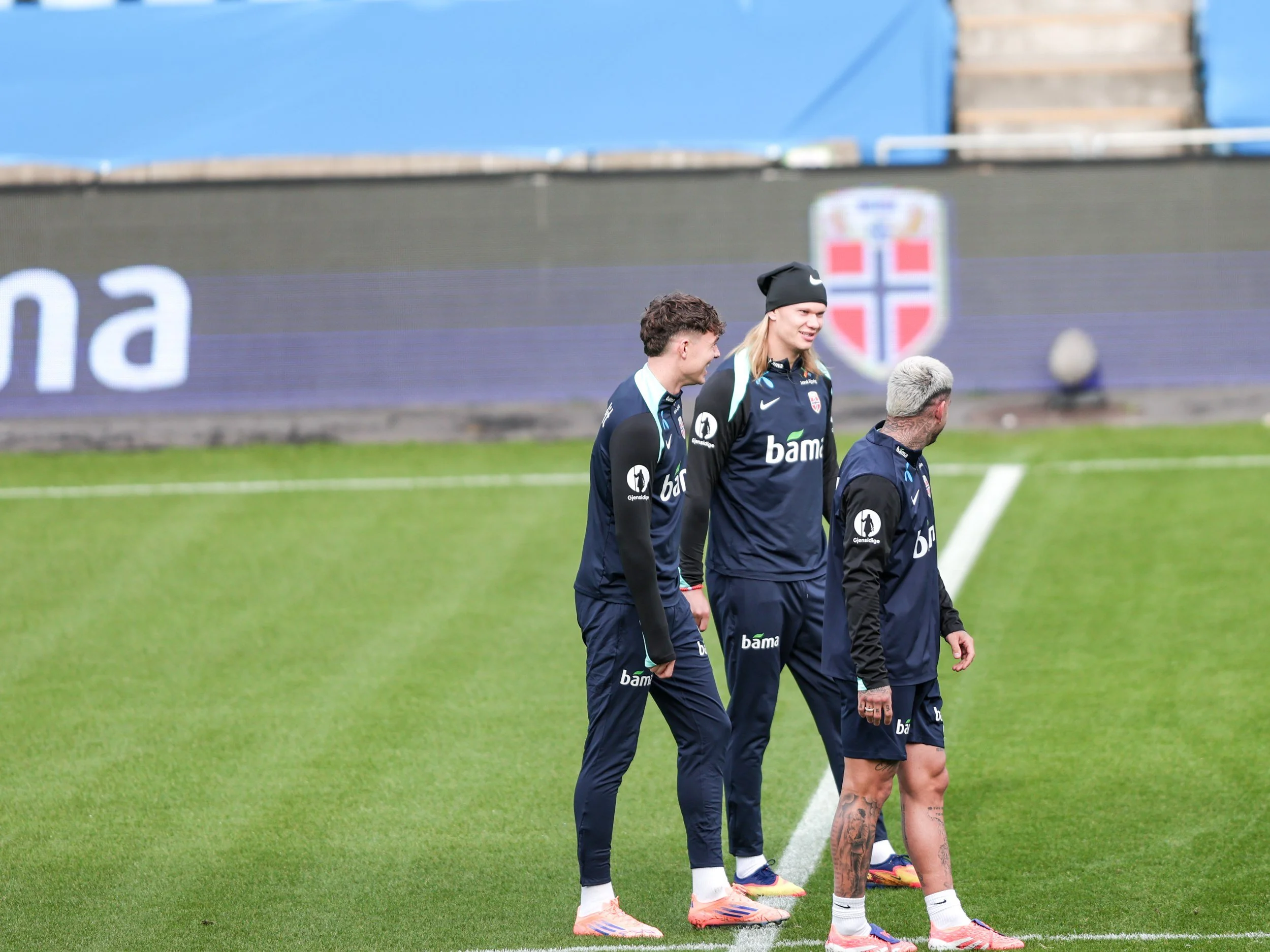
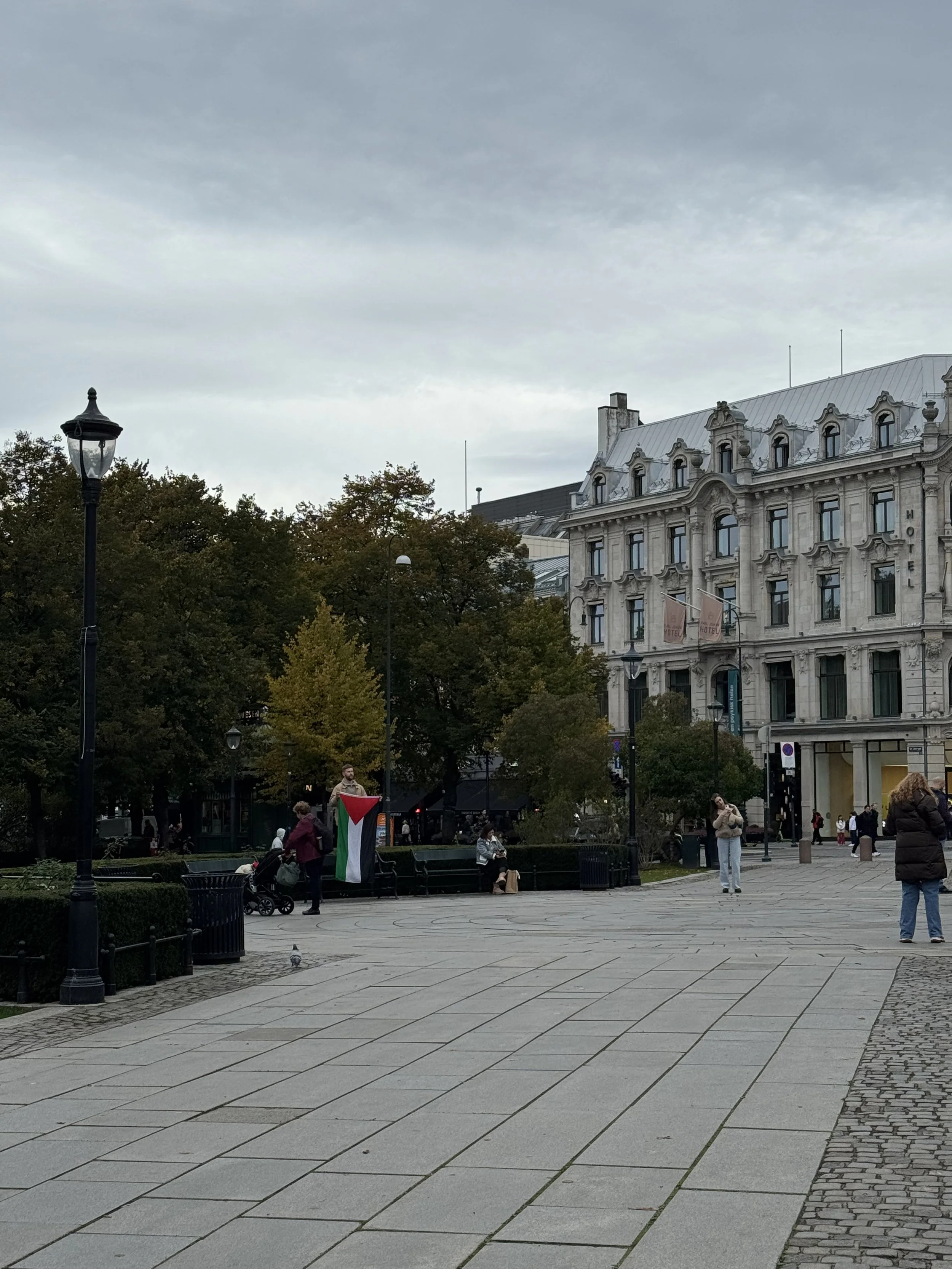
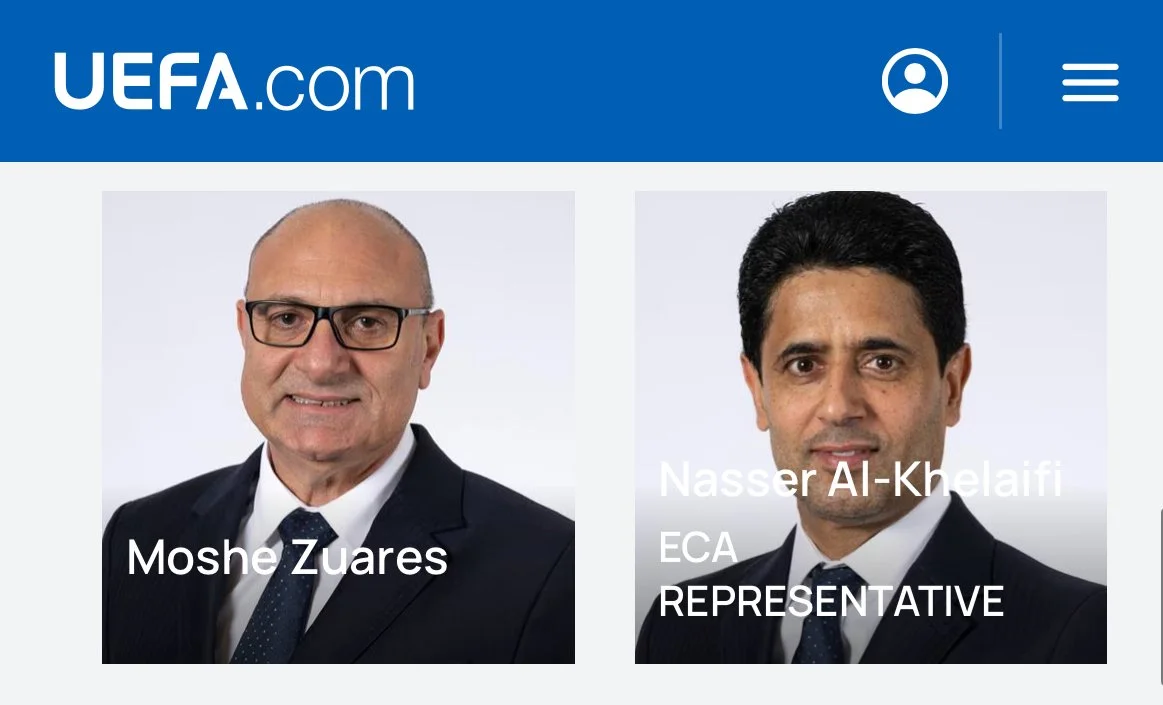
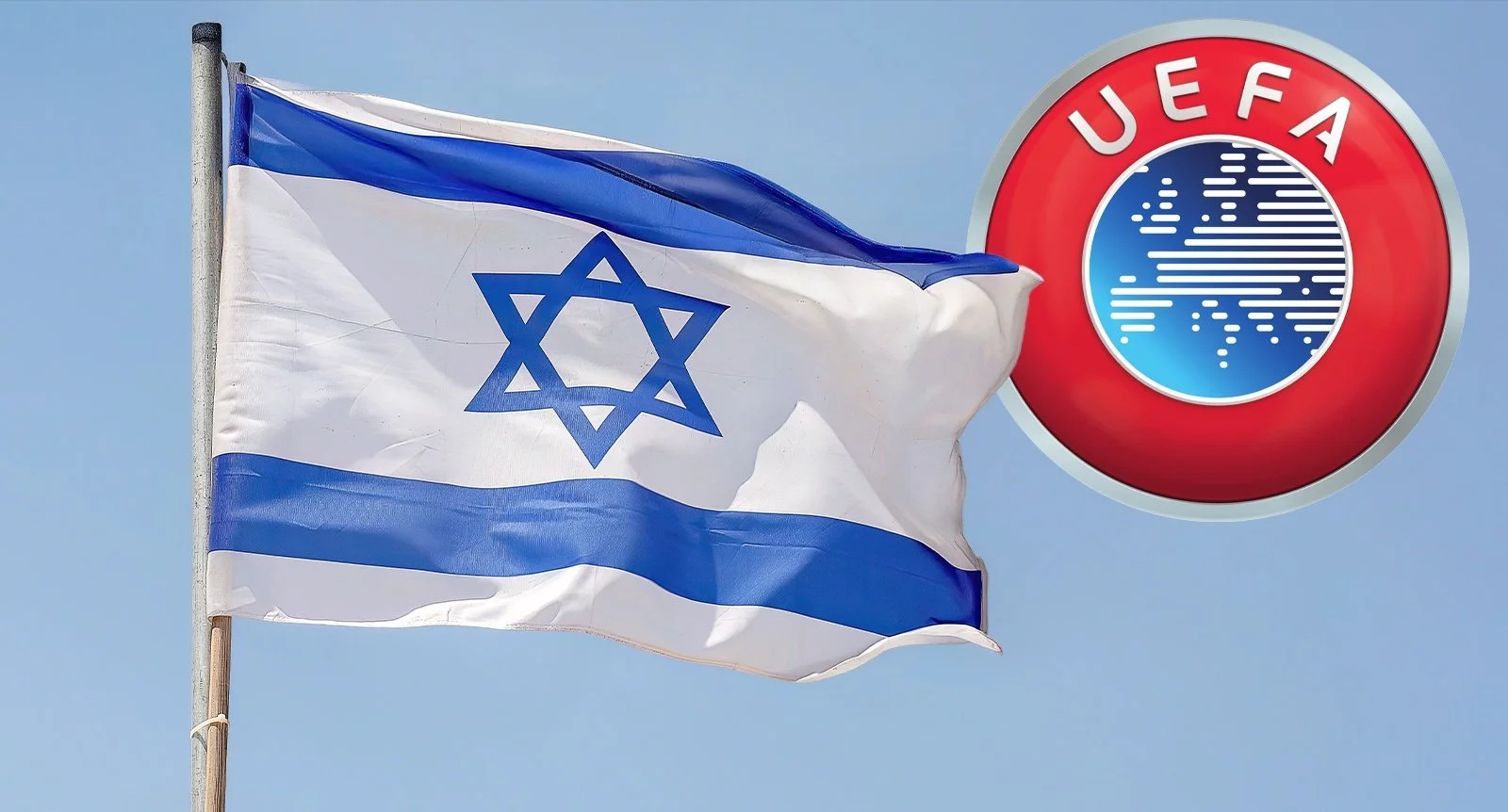
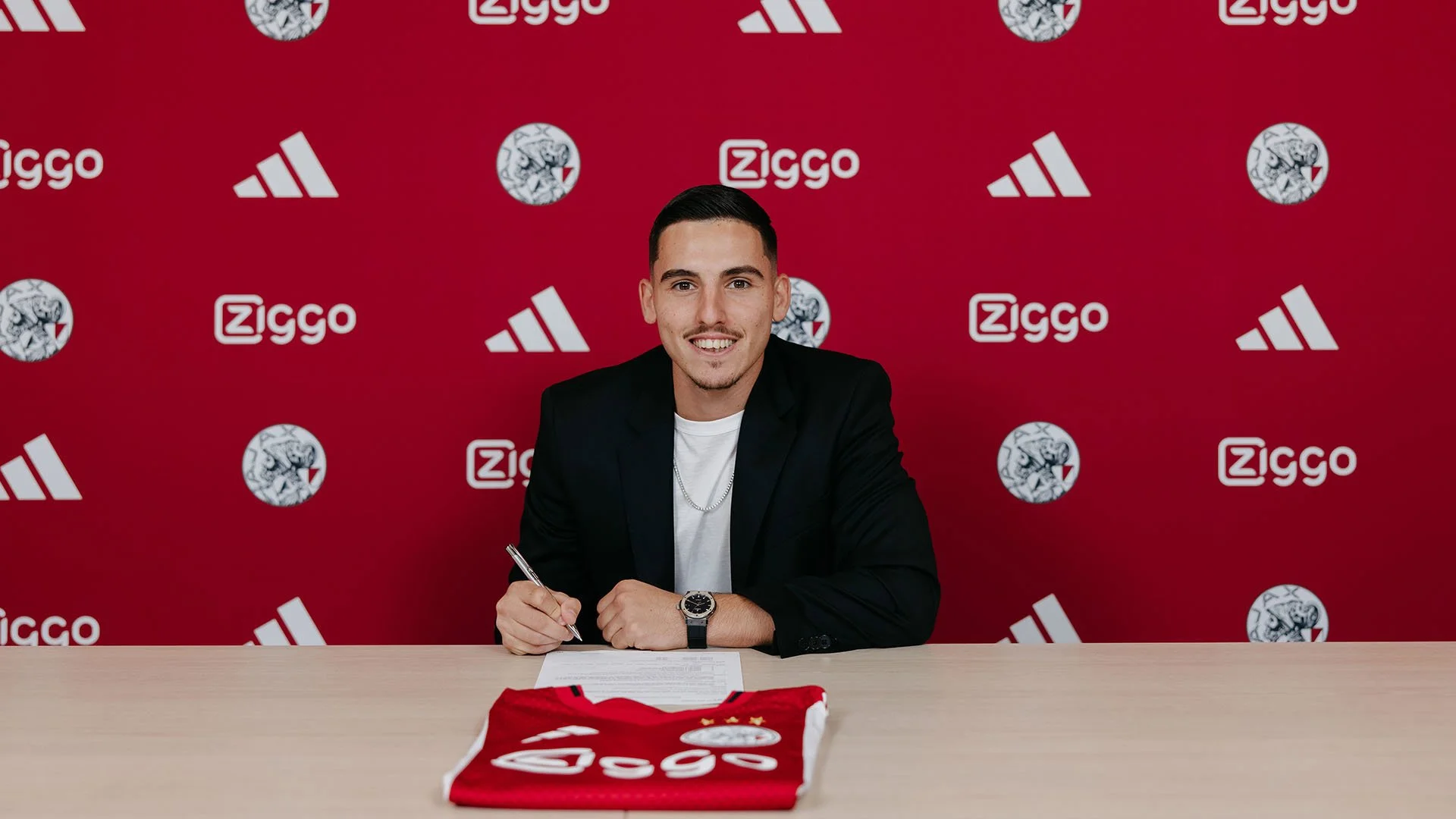
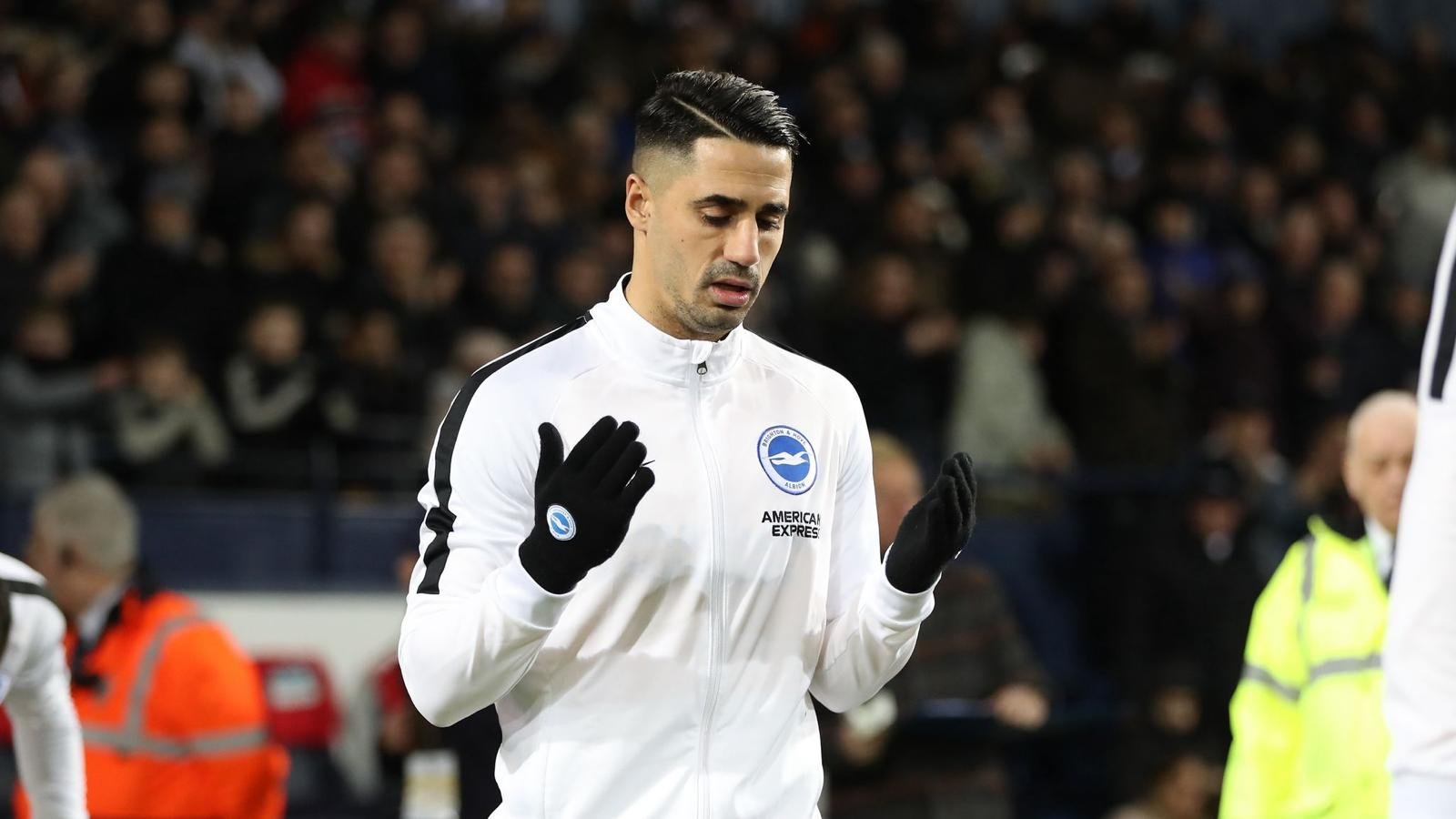



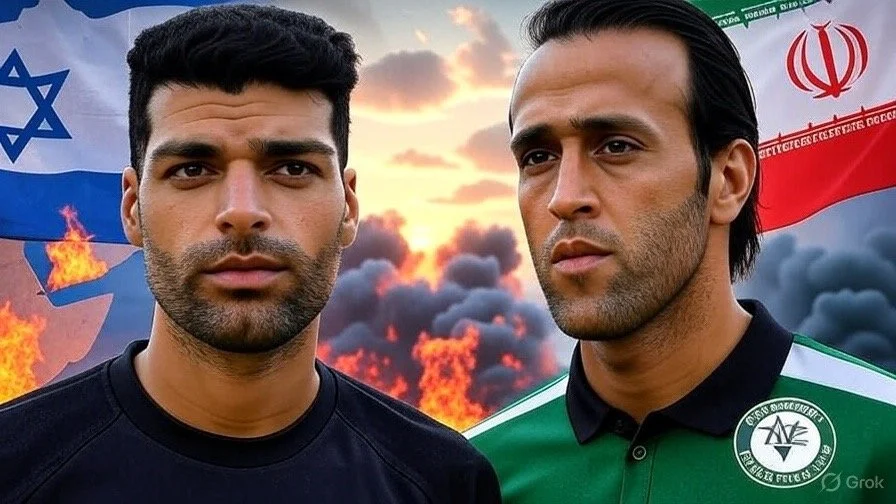




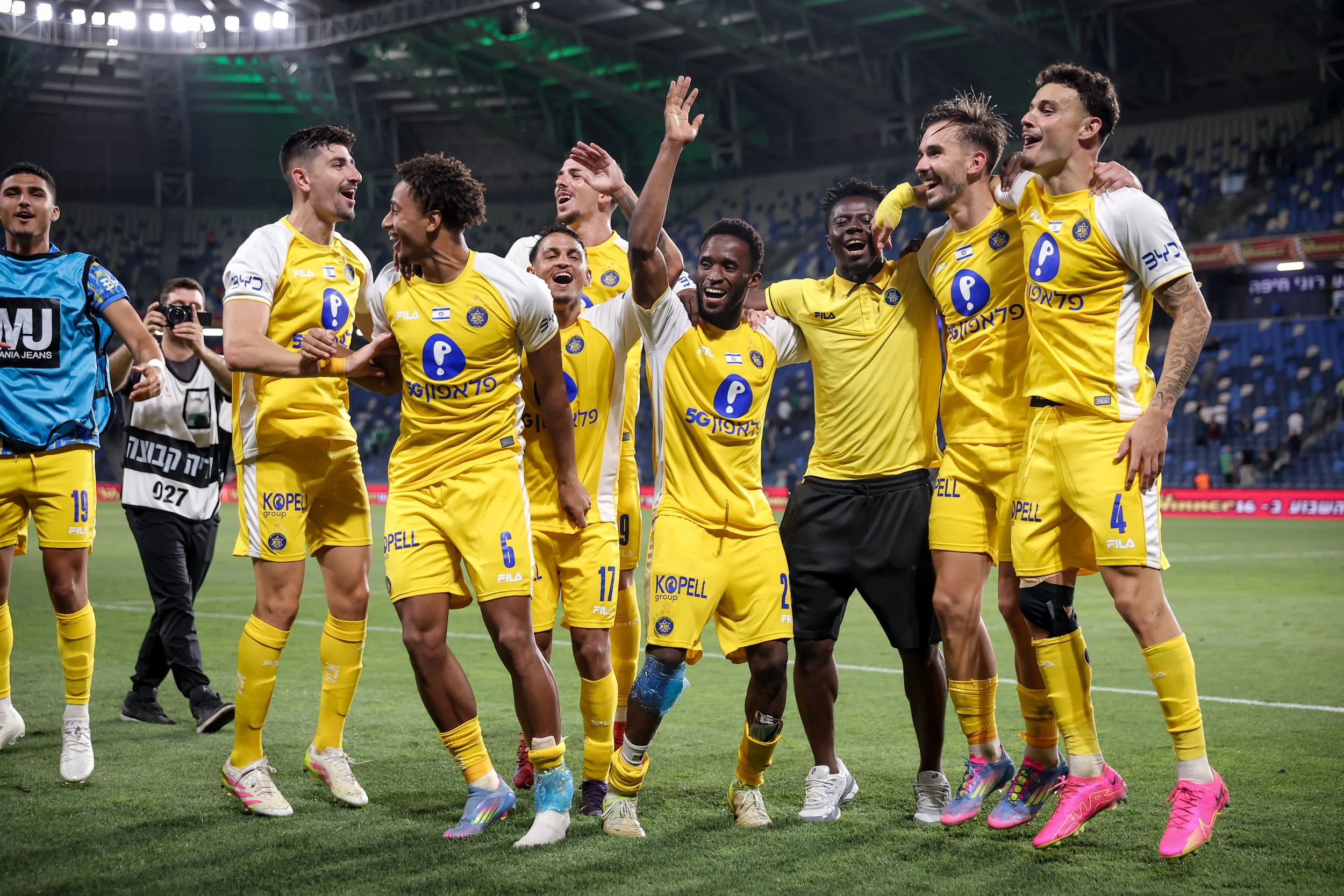

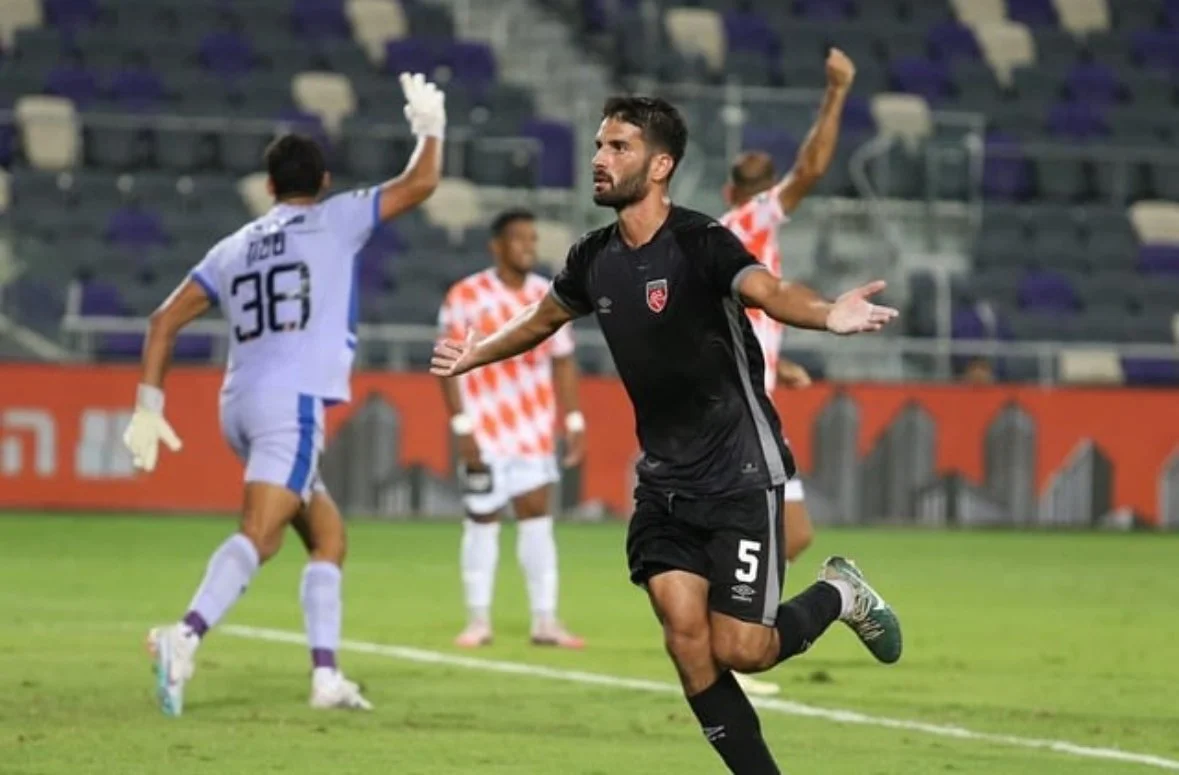
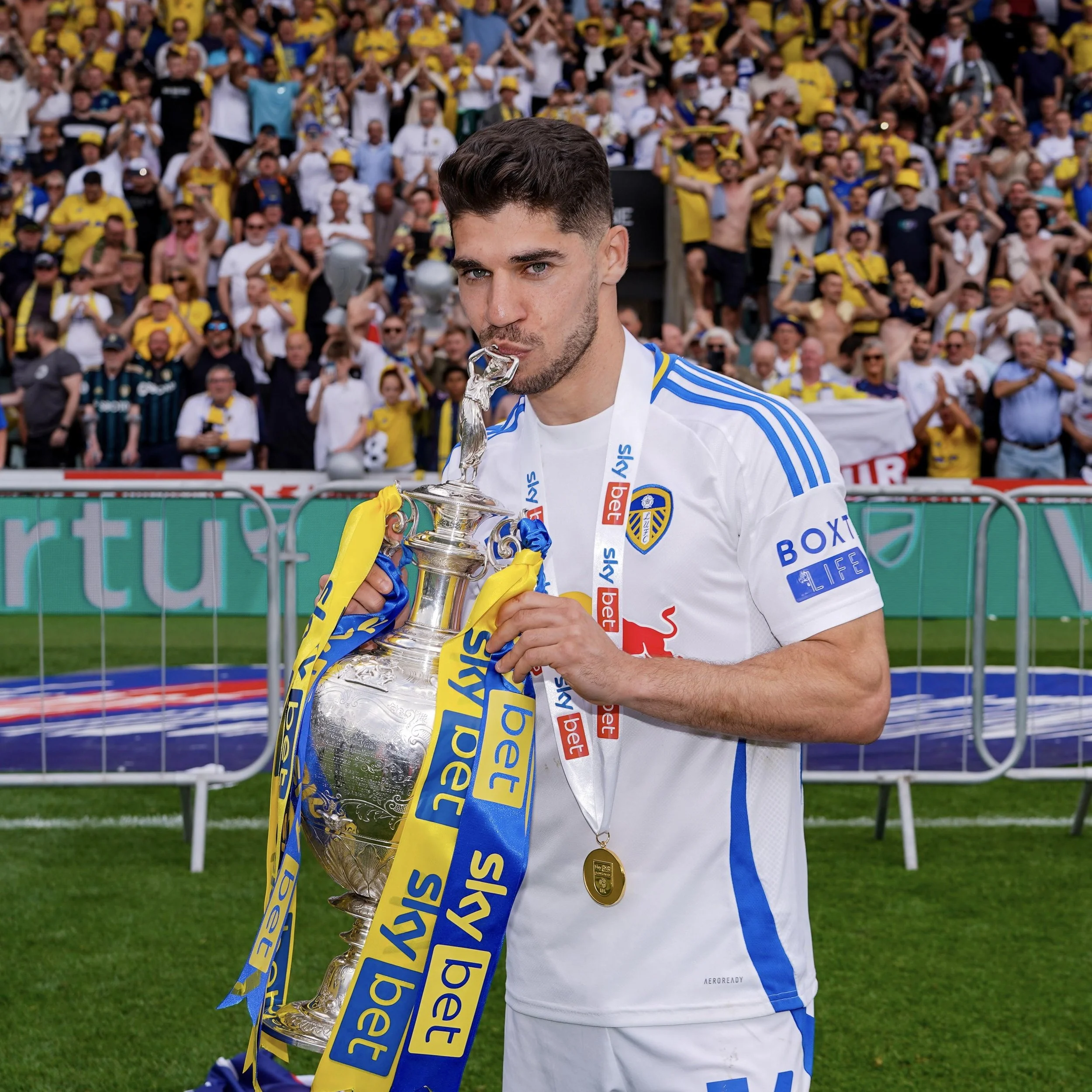
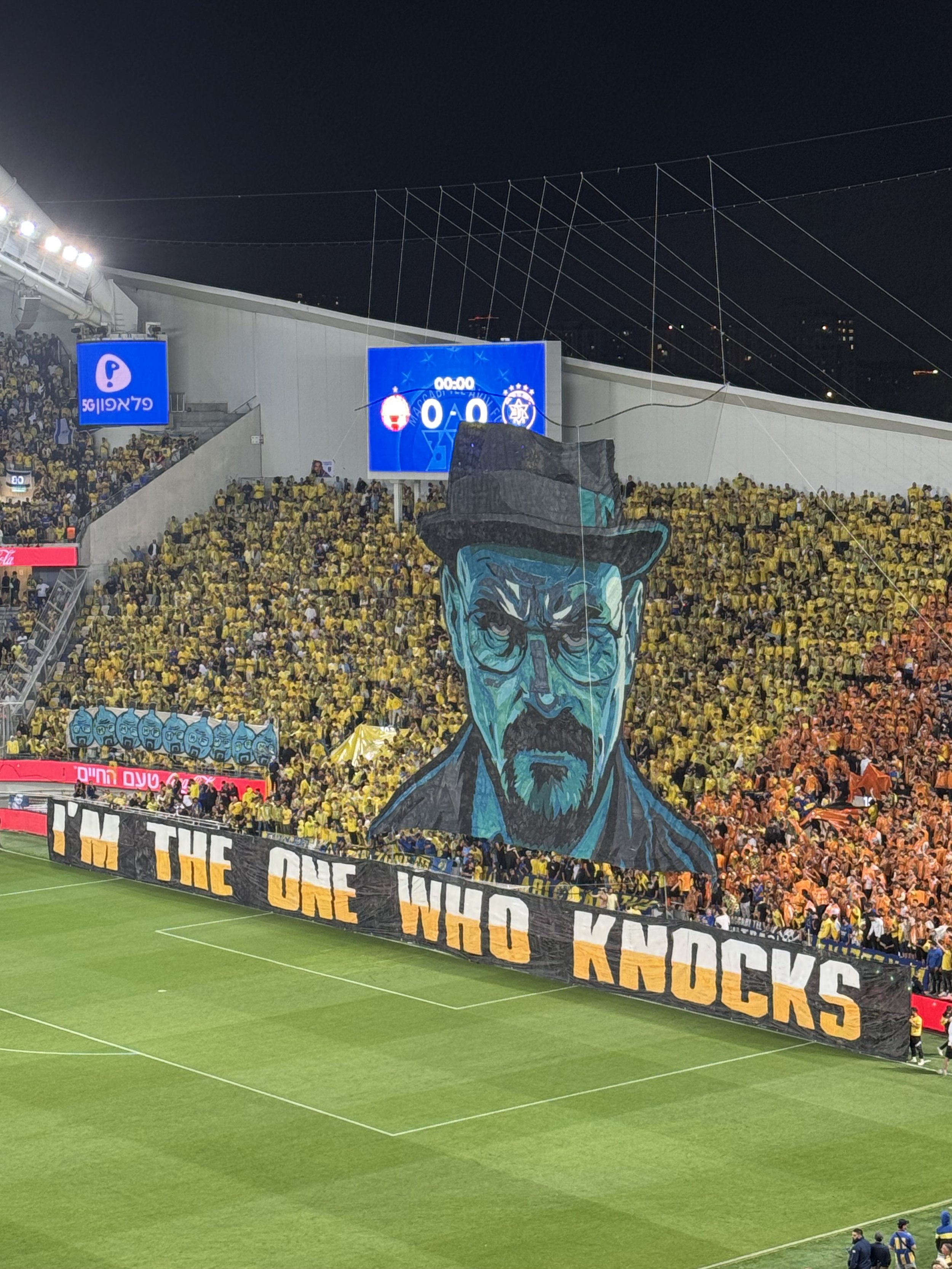
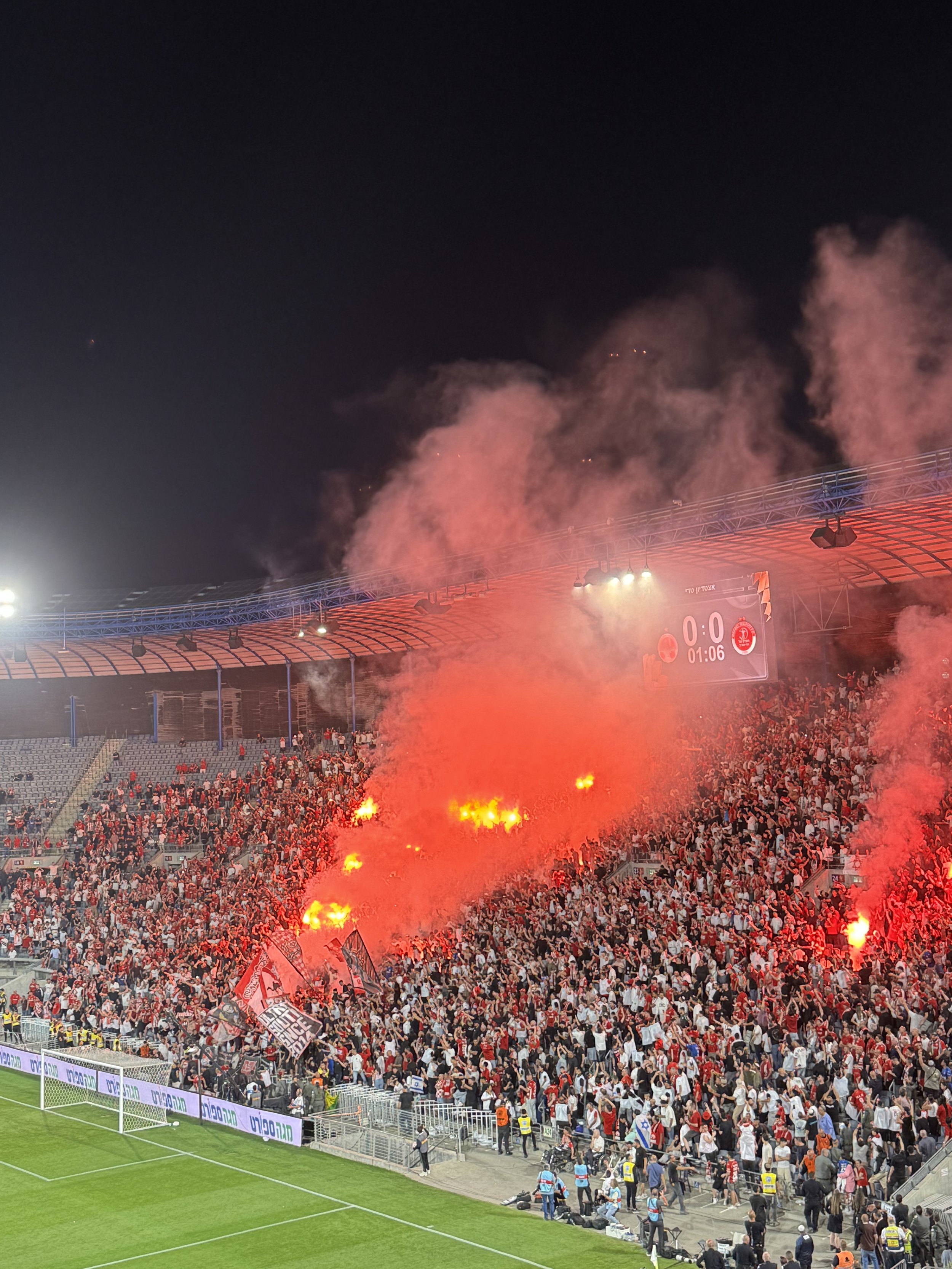


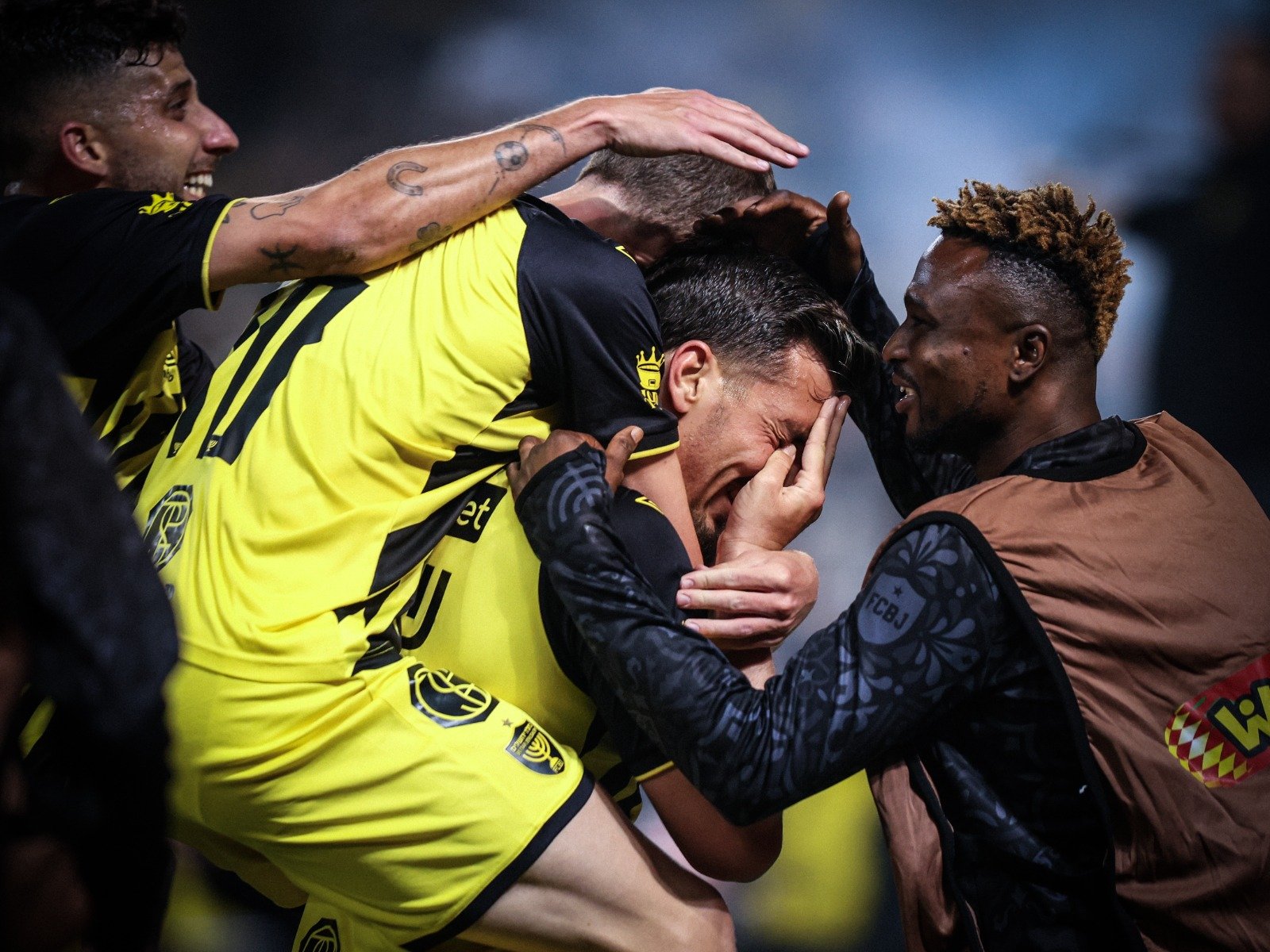
Ireland and other European FAs are joining efforts to push UEFA to suspend Israel over settlement clubs and racism allegations.